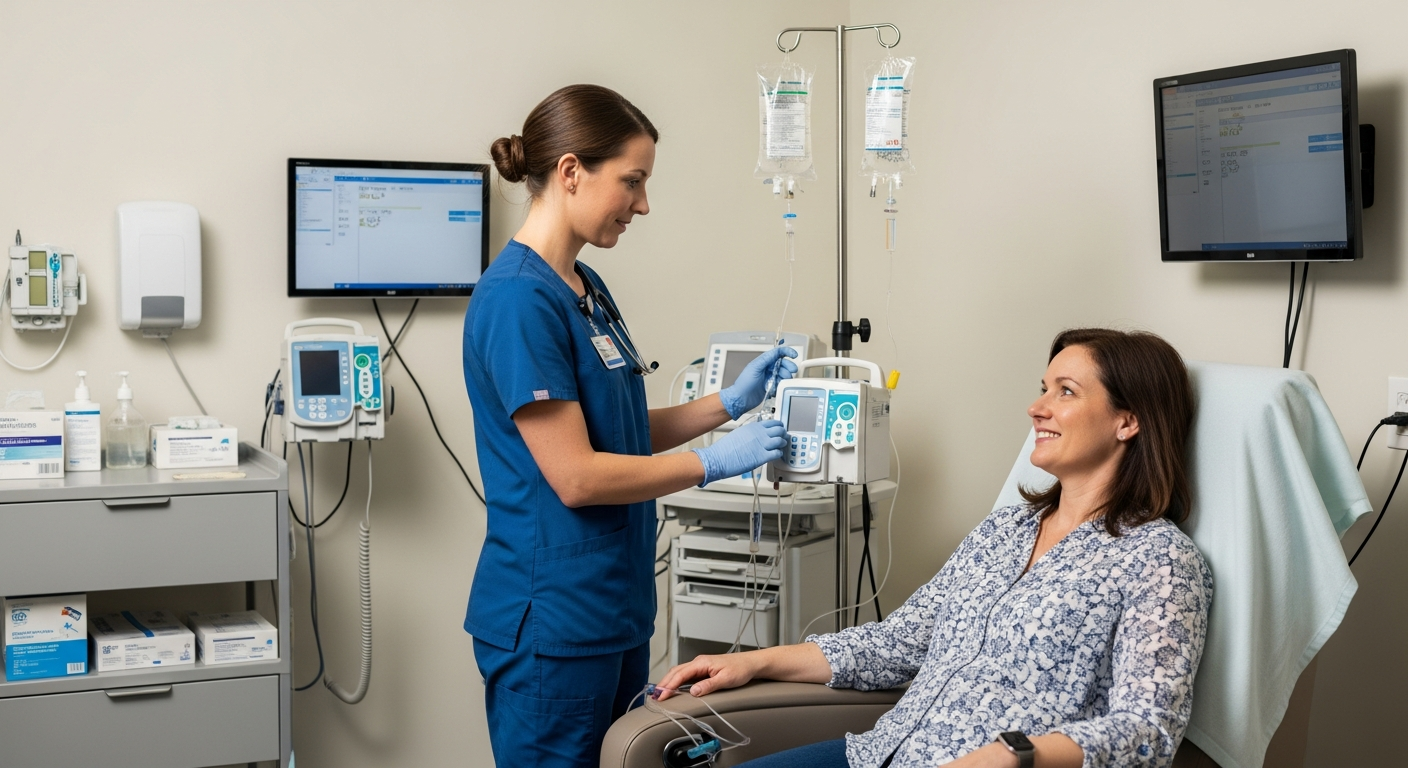Exploring Healthcare Data Analytics Courses: Uncover Key Skills and Opportunities in This Expanding Field
The healthcare industry is experiencing a data revolution, with analytics playing a crucial role in improving patient outcomes, optimizing operations, and reducing costs. As the demand for skilled professionals in this field grows, healthcare data analytics courses are becoming increasingly popular. This article delves into the world of healthcare data analytics education, exploring the essential skills, career opportunities, and industry trends that make this field so exciting and important.

What is healthcare data analytics and why is it important?
Healthcare data analytics involves collecting, processing, and analyzing vast amounts of healthcare-related data to gain insights and make informed decisions. This field is vital because it helps healthcare providers improve patient care, streamline operations, and reduce costs. By leveraging data analytics, healthcare organizations can identify patterns, predict outcomes, and develop evidence-based strategies to enhance overall healthcare delivery.
What foundational knowledge is covered in healthcare data analytics courses?
Healthcare data analytics courses typically cover a range of foundational topics, including:
-
Statistical analysis and probability
-
Database management and data warehousing
-
Data visualization techniques
-
Machine learning and predictive modeling
-
Healthcare informatics and electronic health records (EHRs)
-
Healthcare regulations and data privacy laws (e.g., HIPAA)
These courses provide students with a solid understanding of both the technical and healthcare-specific aspects of data analytics, preparing them for the unique challenges of working with medical data.
What essential skills do students acquire through healthcare data analytics education?
Students enrolled in healthcare data analytics courses develop a diverse set of skills that are highly valued in the industry. These include:
-
Programming languages: Proficiency in languages like Python, R, and SQL
-
Data manipulation and cleaning techniques
-
Statistical analysis and hypothesis testing
-
Data visualization and dashboard creation
-
Machine learning algorithms and their applications in healthcare
-
Interpretation and communication of complex data insights
-
Understanding of healthcare systems and workflows
These skills enable graduates to tackle real-world healthcare challenges and contribute meaningfully to improving patient care and organizational efficiency.
What career paths are emerging from healthcare data analytics courses?
The growing demand for healthcare data analytics professionals has led to the emergence of various exciting career paths, including:
-
Healthcare Data Analyst: Analyze healthcare data to identify trends and improve patient outcomes
-
Clinical Informatics Specialist: Bridge the gap between clinical practice and information technology
-
Healthcare Business Intelligence Analyst: Provide data-driven insights to support strategic decision-making
-
Population Health Analyst: Analyze data to improve health outcomes for specific populations
-
Healthcare Quality Improvement Specialist: Use data to enhance the quality of care and patient safety
These roles offer opportunities for professionals to make a significant impact on healthcare delivery while enjoying competitive salaries and career growth potential.
What tools and technologies are commonly used in healthcare data analytics?
Healthcare data analytics professionals rely on a variety of tools and technologies to perform their work effectively. Some of the most commonly used include:
-
Statistical software: SAS, SPSS, and R
-
Programming languages: Python and SQL
-
Data visualization tools: Tableau, Power BI, and D3.js
-
Big data platforms: Hadoop and Apache Spark
-
Electronic Health Record (EHR) systems: Epic, Cerner, and Allscripts
-
Machine learning libraries: scikit-learn and TensorFlow
-
Database management systems: MySQL and PostgreSQL
Proficiency in these tools and technologies is often a key component of healthcare data analytics courses, ensuring that graduates are well-prepared for the demands of the industry.
What are the current trends and challenges in applying data analytics to healthcare?
The healthcare data analytics field is constantly evolving, with several trends and challenges shaping its future:
-
Increased focus on predictive analytics for early disease detection and prevention
-
Integration of artificial intelligence and machine learning in clinical decision support
-
Growing emphasis on real-time analytics for immediate patient care improvements
-
Challenges in data interoperability and standardization across healthcare systems
-
Balancing data privacy concerns with the need for comprehensive analytics
-
Addressing bias in algorithms and ensuring equitable healthcare outcomes
-
Incorporating social determinants of health into analytics models
As the field continues to advance, healthcare data analytics courses are adapting to address these trends and challenges, preparing students to tackle the complex issues facing the healthcare industry.
In conclusion, healthcare data analytics courses offer a gateway to an exciting and rapidly growing field. By providing students with essential skills, knowledge of cutting-edge tools, and an understanding of industry trends, these courses prepare graduates for rewarding careers that have the potential to revolutionize healthcare delivery and improve patient outcomes.
This article is for informational purposes only and should not be considered medical advice. Please consult a qualified healthcare professional for personalized guidance and treatment.




